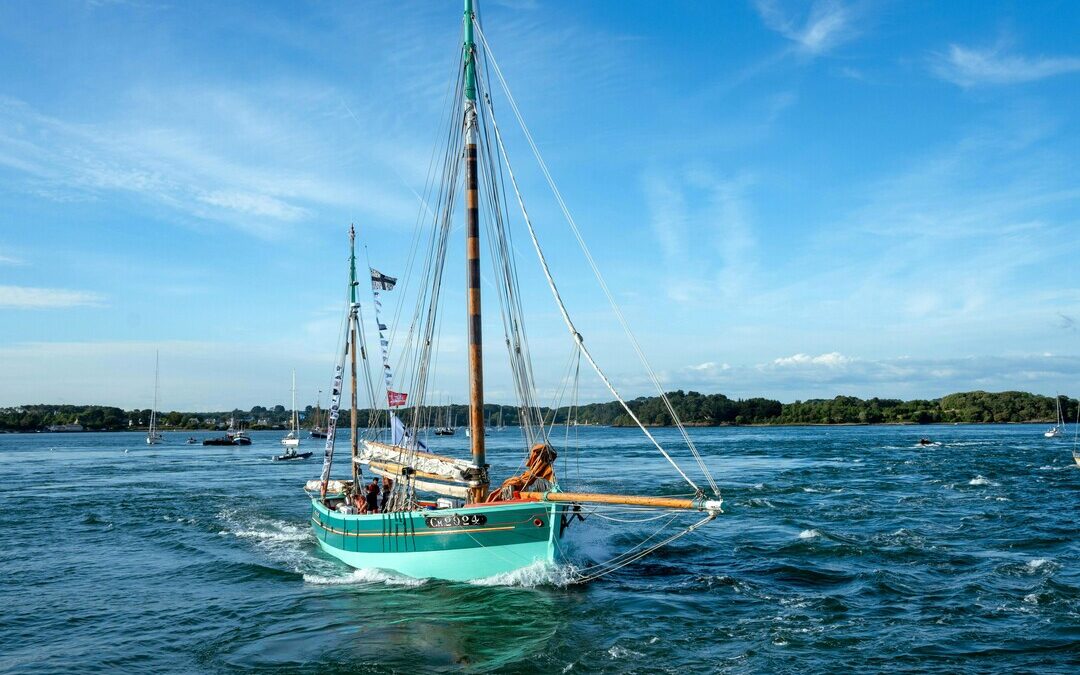EU Strikes Deal on Tougher Penalties for Unsustainable Foreign Fishing
EU tightens rules to penalize third countries over harmful fishing, aiming to protect stocks and support fair competition.
The European Union reached a provisional agreement on Tuesday to tighten rules targeting non-sustainable fishing practices by non-EU countries, aimed at protecting shared fish stocks and ensuring fair competition for its fishers.
The deal, struck between the Council of the EU and the European Parliament, introduces clearer criteria for identifying non-cooperative countries and enhances the EU’s capacity to impose restrictions, such as import bans.
“Today’s agreement gives us stronger tools to tackle non-sustainable fishing practices allowed by third countries and to encourage responsible fishing,” said Jacek Czerniak, Poland’s secretary for agriculture and rural development. “We are determined to safeguard the long-term sustainability of shared fish stocks and protect European fishers from unfair competition.”
Clarifying Non-Cooperation
The revised regulation amends existing EU law to clarify what constitutes a “failure to cooperate” in fisheries management.
The new rules introduce a list of specific behaviors that may lead to a country being flagged, such as refusing to engage in joint consultations or unilaterally imposing quotas that jeopardize the sustainability of fish stocks.
Countries may also face EU action if they neglect to enforce or implement fisheries control measures, especially in cases where stocks fall under the purview of regional fisheries management organizations.
The agreement allows EU measures to be applied in all international cooperation contexts, not just within its waters, broadening the regulation’s scope.
Enhanced Dialogue and Cooperation
The deal aims to promote stronger cooperation with third countries both before and after EU action is taken. Under the new rules, the EU will maintain an open dialogue and pursue multilateral coordination to encourage compliance.
For stocks managed by RFMOs, the relevant compliance bodies will be the first line of response before the EU adopts restrictive measures.
Additionally, a formal 90-day deadline has been established for third countries to respond to EU notifications, streamlining the process.
Monitoring and Next Steps
Under the revised regulations, the European Commission will be required to regularly update both the Council and Parliament on developments in cases involving non-cooperative third countries.
Both institutions must formally approve the provisional agreement before it becomes law.
The updated rules amend Regulation 1026/2012, which enables Europe to take action against non-EU countries that permit non-sustainable fishing practices. Sanctions under the framework may include trade restrictions on fish and fishery products.
The agreement forms part of broader EU efforts to ensure the sustainability of marine resources and uphold international fisheries governance standards.

